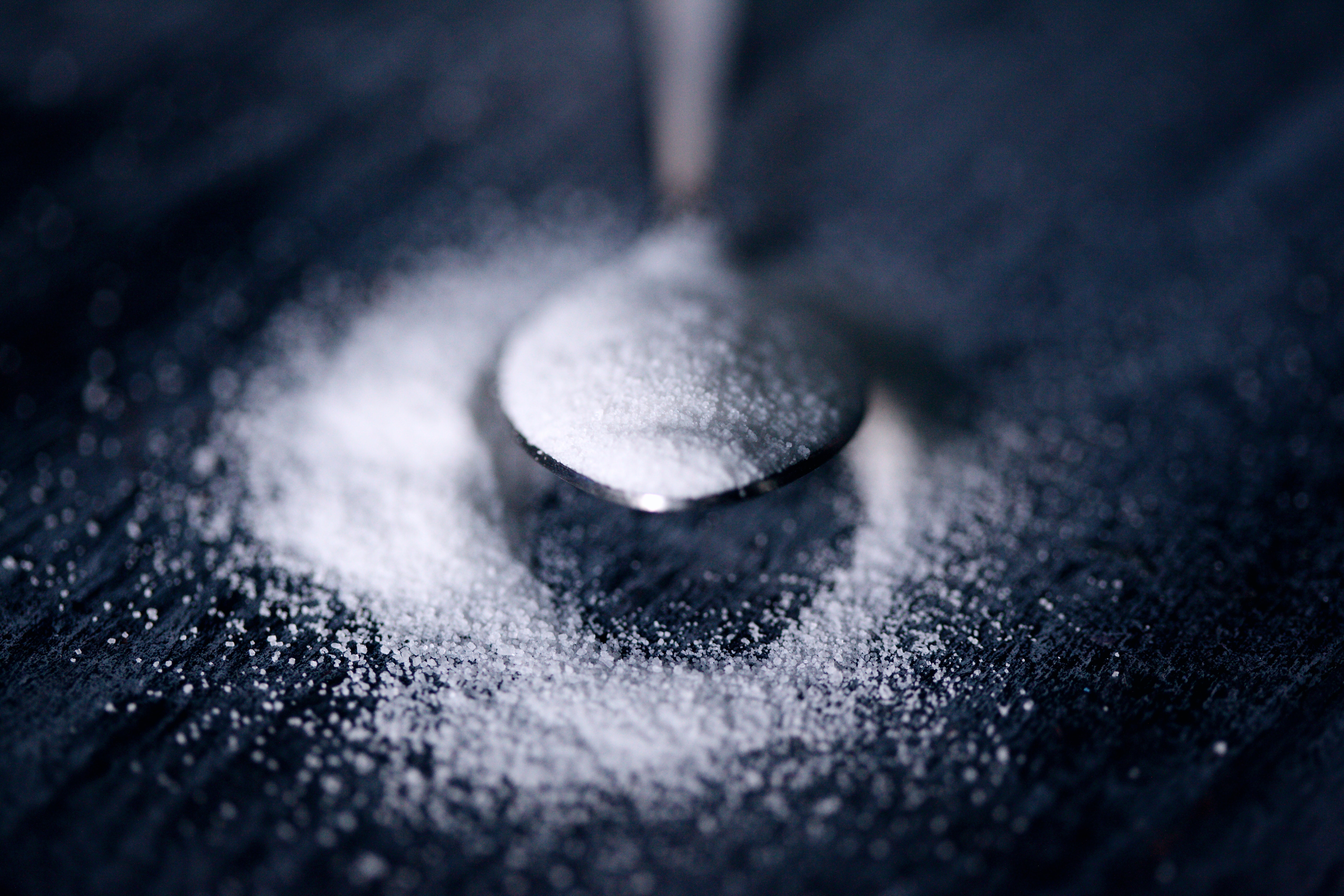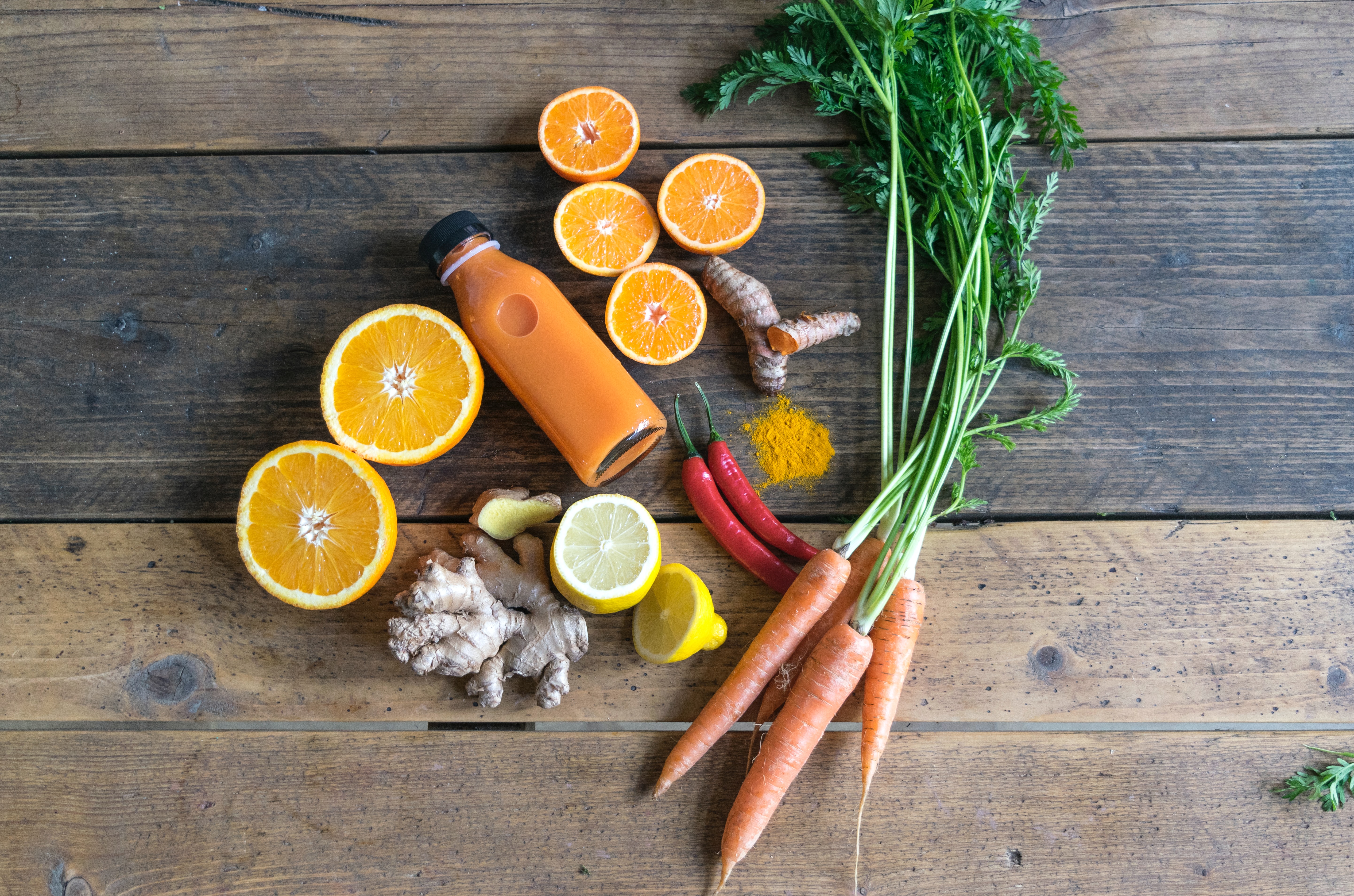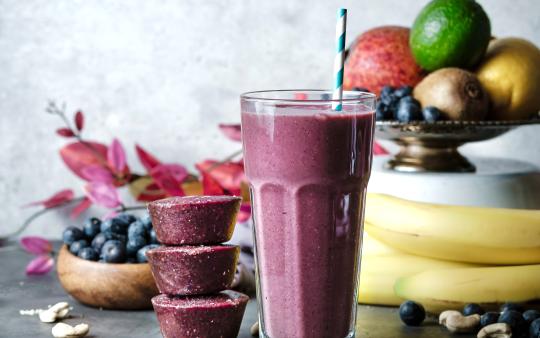Healthy food lovers have never had it better! No longer having to venture to health food stores, you can now find organic and health food products at big box retail stores - at a premium, of course. But is more choice necessarily better? The demand for organic and "natural" products is increasing as people become more aware of healthier, eco-conscious alternatives. Suddenly everything seems to be labelled "organic" or "eco" to appeal to this rising trend in consumer awareness. Unfortunately, many large companies are capitalizing on this opportunity by using a marketing strategy known as "greenwashing" to compete with smaller companies that craft authentically sustainable, green products. This means that as a consumer, you want to be especially smart about what you choose to purchase for your family (so you don't end up paying more for something you thought was healthy). So how does one differentiate between what is really healthy and what are simply marketing ploys designed to create such an impression? Well, we believe awareness and education are crucial to helping make better choices happen.
What are Greenwashing and Health-Washing Practices?
The practice of making misleading environmental claims in order to profit from consumers has been a pervasive marketing strategy ever since environmentalist Jay Westerveld coined the term “greenwashing” in 1986. Scientific American defines greenwashing as a marketing strategy that is “falsely conveying to consumers that a given product, service, company or institution factors environmental responsibility into its offerings and/or operations.” Similarly, health-washing occurs when a company makes healthy eating claims when the product may actually be harmful to the consumer’s health.
Companies or brands which engage in green- or health-washing practices will use a series of design, key messaging, packaging and promotional tactics to convey the perception that their products are healthy and/or environmentally sustainable. You can find evidence of this everywhere you look, from social media ads to commercials and billboards. A product that is neither green nor healthy will be depicted in a natural setting with the words "eco-friendly" and "made with all-natural ingredients.” You may even see the words "health check" or “sensible portions” on highly processed food products. The truth is that many of these companies invest heavily in advertising and marketing to convince consumers to buy into their claims while doing very little to actually uphold them.

Growing consumer trends that favour environmentally sustainable and healthy products are also being driven by the demands of the millennial generation, who are now the largest generational cohort. Also known as “generation green,” millennials are health and eco-conscious consumers who are eager to demonstrate their values through their purchases. It’s no wonder that brands are more invested than ever in either making healthier products or attempting to persuade consumers that they are. Brands have gotten quite smart, but you, as a discerning consumer, can be smarter - and the key is to look beyond the advertising claims and at the actual ingredients.
How to be Label Savvy
Just because something is labelled as “natural" does not mean it is a healthier or better choice. While the Canadian Food Inspection Agency (CFIA) has provided guidelines on the use of the term “natural” as foods that do not contain added vitamins, minerals, nutrients, artificial flavouring, food additives, or with any constituent removed or having been submitted to “maximum processes” - this does not prevent misleading claims such as "made with natural ingredients" or “made with natural flavours” as long as there are some ingredients that do fall under those claim guidelines (even if the rest of the ingredients are highly processed). Also, it does not refer to production/processing practices such as the use of pesticides, irradiation or pasteurization that further compromise a product’s health benefits. In other words, be cautious of the labelling terms, and dig a little deeper to see if the actual ingredients hold up to your expectations.
Some other common misleading phrases to detect in greenwashing include:
- "100% Natural” or “Eco-friendly”
- “Made with natural, organic, [or] plant-based ingredients”
- “Made with botanical extracts”
This is not to say that all products containing those terms are misleading, but it is recommended that you not base your decision to purchase or evaluate its health merits based solely on those labels. The “made with…” is a particularly important cue to check what other ingredients are included.
Added Sugars
Remember when we said that just because something is “natural" doesn't mean it's healthy? Even if a product legitimately meets all the requirements for “natural" and "organic" (two terms that have become almost synonymous with “healthy”) there can still be very unhealthy and sneaky ingredients included in the mix. Namely: added sugar, and lots of it. You may think added sugars are relegated to processed foods (the stuff you don’t want to buy) but they can also be found in less obvious places, such as yogurt, fruit juices, almond milk, salad dressing, and more. Sugars are usually grouped together on an ingredient label, so look for anything containing the word “syrup” or ending in “-ose.” Chances are that those ingredients are forms of sugar (such as corn syrup, dextrose, or sucrose). Even if that glass of juice seems innocuous enough, all that added sugar does add up, and has been linked to increased risk for cardiovascular disease, obesity, diabetes, inflammation and more.

Products marketed towards children contain particularly troubling amounts of added sugar. This is especially concerning for parents, since limiting sugar intake is especially important for children due to the effect it has on their moods, appetite, immune health and even brain development.
Preservatives
We understand the need to balance health-conscious choices with convenience sometimes, especially when you're a busy parent, and it's always a boon when you don't have to compromise health for convenience. Bottled smoothies may seem like one of those great ways to get fruits and vegetables into your kids - and you wouldn’t be the only one jumping on the bandwagon. Companies have also taken notice of this trend, and are offering more choices on the shelves than ever. To meet the mass demand and in order to extend their shelf life, many smoothie manufacturers will add preservatives and unhealthy ingredients such as fruit or vegetable purées, or fruit juice concentrates, which are typically pasteurized (keep reading for more on this!) to be shelf-stable. Take a good look at the label, and if you see ingredients you can't pronounce, chances are they may be preservatives you'd want to otherwise avoid.
Food Additives
Other substances to look out for when analyzing ingredients are food additives, an umbrella term that can encompass sweeteners and preservatives. According to Health Canada, a food additive is any chemical substance “added to food during preparation or storage and either becomes a part of the food or affects its characteristics for the purpose of achieving a particular technical effect.” Common food additives include artificial colouring, fillers, and flavouring agents, including "natural flavours” which can be derived from anything as long as it was once found in nature.
Health Benefits of Raw vs. Pasteurized
While avoiding highly-processed foods seems like a given when looking for authentically healthy products, a lesser-known factor in evaluating nutritional value is considering purchasing raw or pasteurized. Pasteurization is now such a standard food processing practice that very few people question its merits and drawbacks. Here's what you should consider:
Nutritional Benefits of Raw Foods
When food is pasteurized, it is heat-treated to destroy pathogens, microbes (both good and bad) and contaminants that can cause spoilage or make people sick. Essentially, pasteurization is intended to extend the shelf life of a product. This process, however, also damages and depletes nutrients such as raw vitamins, minerals, and enzymes. That’s why many companies will add vitamins back in afterwards, but doing so certainly does not carry the full array of health benefits food in its raw form provides.
Although pasteurization is often done with heat, companies who use "cold" pasteurization methods such as UV radiation or HPP (high-pressure processing) may healthwash and mislabel their products as "raw". If a product contains fresh fruits and vegetables, has a shelf life longer than a couple of days, and is NOT frozen - it is most likely pasteurized.

Supporting Healthy Gut Flora
Choosing raw and unpasteurized food can also help preserve and support healthy gut flora. The microbiome is made up of living microorganisms that provide many health benefits, from digestion to improved immune functioning. Diet is one of the key factors in maintaining gut health: a healthy diet high in raw, unprocessed, fermented and whole foods will provide you with the exposure to healthy strains of good bacteria needed for optimal gut health. Pasteurization, however, kills all microorganisms - good and bad - denying our bodies access to the beneficial microorganisms that we need to be healthy.
Note: Because unpasteurized products may contain harmful microbes, we do recommend that anyone with a vulnerable immune system needs to take extra care and should consult with a health care practitioner when choosing raw/unpasteurized products.
Importance of Food Sourcing and Choosing Whole Foods
When choosing a truly green over greenwashed product, look for products that are sustainably sourced. That means that it is good for the environment and good for your health as they are often produced with stringent quality assurances involving fewer harmful chemicals and production practices.
Transitioning to whole foods over processed is also one of the best decisions you can make for your family's health. A minimally processed diet means it will be low in the problematic ingredients we’ve mentioned earlier, and high in essential nutrients. A whole food product will contain just the ingredients in their natural state, with no additives. And while processed or powdered ingredients can still pass for “natural”, their nutritional merits will not hold up to the real deal. Always keep in mind the “health-washing" practices to be aware of and analyze ingredients in order to confidently differentiate between what is “greenwashed” and what is authentically healthy. Your health, wallet and environment will thank you!
To bring you this article, we've partnered with Nutes Nutrition by Electric Juice Factory, Canadian manufacturers of raw, organic cold-pressed juice and superfood smoothie pucks. Unlike other juice or smoothie companies out there, Nutes Nutrition does not greenwash or compromise nutritional value by using processed powders as ingredients or pasteurization to extend shelf life. Instead, they craft their products in small batches in Ontario, with minimal waste, using only the freshest ingredients and sourced locally where possible. All juices and smoothies are sold frozen to ensure you get the full health benefits - frozen is the new fresh!
The result is unparalleled taste and quality. You can rest assured that Nutes Nutrition foods are made with raw, whole-food ingredients and nothing else - so you can nourish your family with clean, plant-based, superfood goodness! We particularly love their Frozen Superfood Smoothies as they come in convenient puck portions that are just perfect for sneaking into quick and kid-friendly smoothies, and are authentically healthy, affordable and appealing for the whole family.
Visit: https://nutesnutrition.ca/ for more information.

Our passion at Nutes is to provide fresh, extremely healthy, plant-based convenience foods to everyday superheroes like you. We don't cut corners -- we work hard on our recipes and ingredient sourcing to ensure each product offers unparalleled taste and quality. Using only raw, fresh ingredients, we developed a line of yummy and nutritious superfood smoothies and cold-pressed juices. We know you will love Nutes as much as we do!










